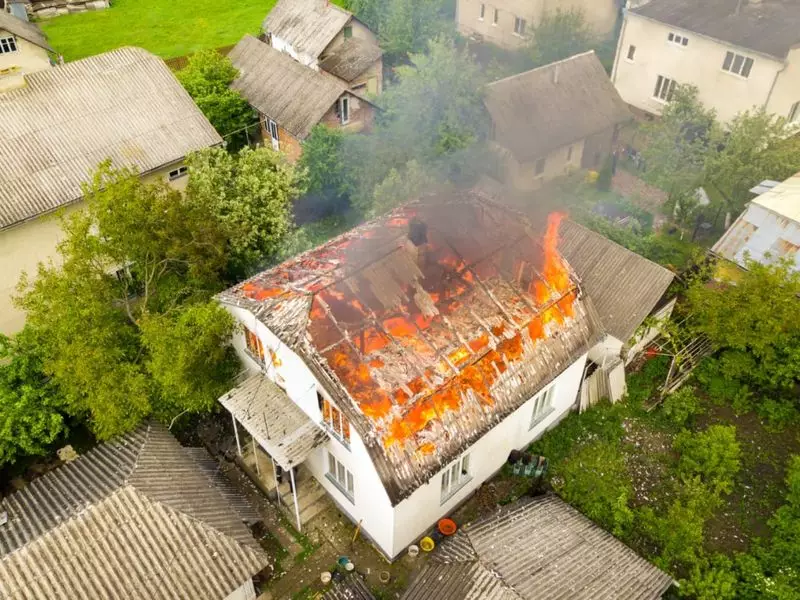
Imagine this devastating scenario: your property suffers significant fire damage, but when you file an insurance claim, you receive only a fraction of the repair costs. This shocking outcome often results from a commonly misunderstood provision in fire insurance policies—the Average Clause.
What Exactly is the Average Clause?
The Average Clause is a fundamental condition in fire insurance that comes into play when a property is underinsured. Essentially, if you've insured your property for less than its actual market value, the insurance company can reduce your claim payout proportionally.
How Does the Average Clause Work in Practice?
Let's break this down with a clear example:
- Your property's actual value: ₹1,00,00,000
- Sum insured (coverage amount): ₹75,00,000
- Fire damage occurs: ₹20,00,000
Here's the calculation insurance companies use:
Claim Amount = (Sum Insured ÷ Actual Value) × Loss Amount
Using our example: (75,00,000 ÷ 1,00,00,000) × 20,00,000 = ₹15,00,000
Despite suffering ₹20 lakhs in damages, you'd receive only ₹15 lakhs because you were underinsured by 25%.
Why Insurance Companies Include This Clause
Insurers implement the Average Clause to encourage policyholders to maintain adequate coverage. Without this provision, there would be little incentive for property owners to insure their assets for their true value, as they could pay lower premiums for minimal coverage while expecting full claims for partial losses.
Protecting Yourself from Underinsurance Pitfalls
- Regular Property Valuations: Conduct professional valuations annually, especially during periods of rising construction costs.
- Review Coverage Annually: Don't simply renew your policy—ensure the sum insured reflects current market values.
- Consider Inflation: Account for inflation in building materials and labor costs when determining coverage.
- Document Everything: Maintain records of property improvements and renovations that increase your property's value.
The Bottom Line for Indian Policyholders
The Average Clause serves as a crucial reminder that adequate insurance coverage is not just about premium savings. Underinsurance might reduce your annual costs, but it exposes you to significant financial risk when disaster strikes. Before renewing your fire insurance policy, take the time to verify that your coverage matches your property's current replacement value—your financial security could depend on it.





